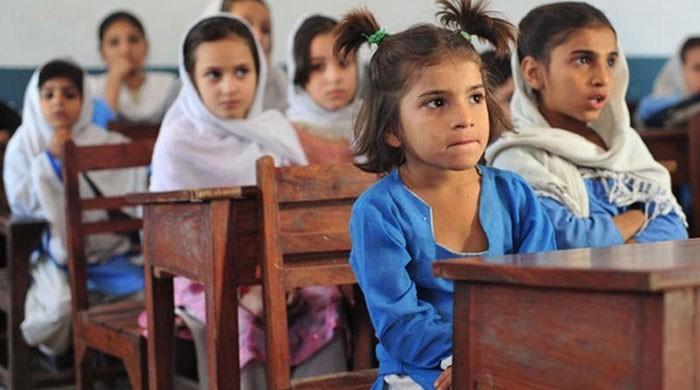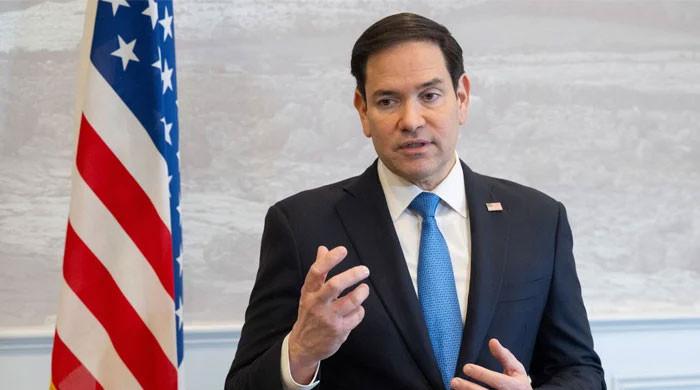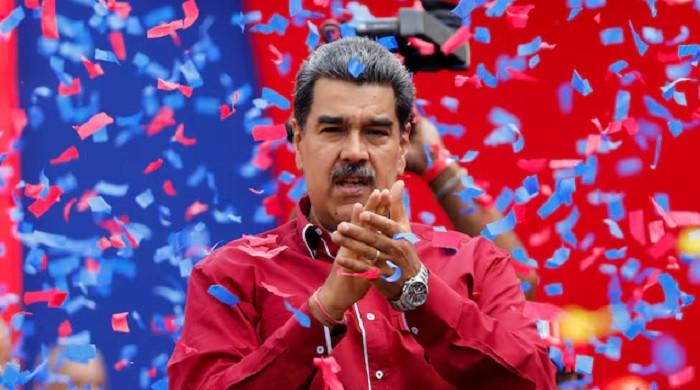Coronavirus: UNICEF says nationwide school closures during pandemic not necessary
Data from 191 countries show no association between school status and COVID-19 infection rates
December 08, 2020

The United Nations children's agency (UNICEF) on Tuesday said that the imposition of nationwide or large-scale school closures is not necessary, adding that such moves correspond to "wrong response and compounds the societal cost of the disease."
“What we have learned about schooling during the time of COVID is clear: the benefits of keeping schools open, far outweigh the costs of closing them, and nationwide closures of schools should be avoided at all costs”, Robert Jenkins, UNICEF Global Chief of Education, said in a statement on Wednesday.
So far, about 320 million children across the globe have been locked out of school at the start of December.
UNICEF said that closing schools have not turned out to be helpful in the fight against COVID-19, adding that the practice only deprived children of a system based on support, food, safety, and learning. The agency suggested that instead of sending children home, governments should make the reopening of schools a priority and make classrooms as safe as possible.
“Evidence shows that schools are not the main drivers of this pandemic. Yet, we are seeing an alarming trend whereby governments are once again closing down schools as a first recourse rather than a last resort. In some cases, this is being done nationwide, rather than community by community, and children are continuing to suffer the devastating impacts on their learning, mental and physical well-being and safety”, Jenkins said.
UNICEF said that there was a 38% rise in the number of children affected by school closures in November.
“In spite of everything we have learned about COVID-19, the role of schools in community transmission, and the steps we can take to keep children safe at school, we are moving in the wrong direction – and doing so very quickly”, Jenkins added.
The agency suggested that schools should expand access to education when planning to reopen schools, introduce remote learning and rebuilding education systems so that they could sustain future crises.
Citing a recent study published by a non-profit organisation Insights for Education, UNICEF said that data from 191 countries shows no association between school status and COVID-19 infection rates in the community.
The United Nations (UN) agency, together with the UN educational agency UNESCO, the refugee agency UNHCR, the UN World Food Programme and the World Bank, has published a Framework for Reopening Schools, with practical advice covering areas such as policy reform, financing requirements, safe operations and reaching the most marginalized children, who are the most likely to drop out of school altogether.









